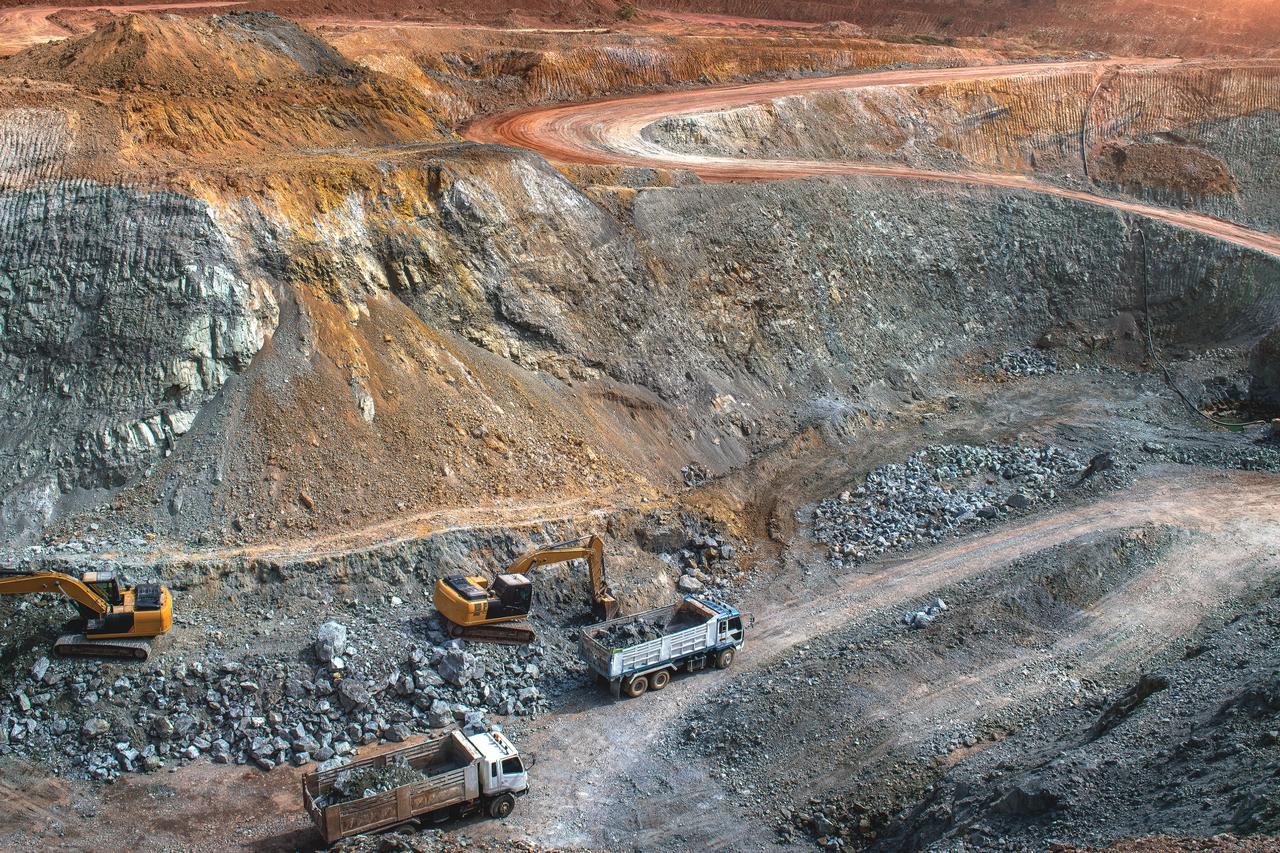
The Environment, Urbanization and Climate Change Ministry approved a gold mine project in Kirsehir’s Kervansaray Mountains after the third Review and Evaluation Commission meeting.
DEFAS, a partnership between Koc Holding and AKP MP Ferhat Nasiroglu’s Fernas group, drew concern after Mayor Selahattin Ekicioglu said the project will send concentrated raw material abroad for processing.
Local authorities and environmental groups say this decision puts the region’s limited water resources and agricultural areas at risk and raises concern about the removal of valuable elements that may remain outside Türkiye.
Kirsehir Mayor Selahattin Ekicioglu said the municipality will challenge the decision in court. He said the company plans to send “200,000 tons of concentrated raw material abroad every year” without a clear guarantee that the material will return to Türkiye for further processing.
He said the City Council identified valuable elements within drill samples, which the company denies, and called for an independent institution to test the samples.
Ekicioglu said public institutions ignored the objections of Kirsehir Municipality, Ozbag Municipality, chambers and environmental groups during the approval process.
Kirsehir Mayor Ekicioglu said the approval suggests a plan to process the ore outside Türkiye rather than within the region.
He said this raises the possibility that valuable elements may be removed without proper accountability. He also referred to environmental activists Hakan Tosun and Resit Kibar, who were killed in separate incidents, and said their work motivates local resistance.
Ekicioglu said the city will continue its legal struggle because residents believe the mine will damage natural resources and remove elements that belong to Türkiye.
The Kirsehir MP of the main opposition party, CHP, Metin Ilhan, said residents have opposed what he called exploitative mining practices for four years. He said the mine site sits close to the city center and lies on a water route used by residents.
Ilhan warned that the operation will involve chemical materials that produce significant waste, which will mix with water sources and cause contamination. “Arsenic levels are very high. Lead levels are very high. People will face leukemia and lymphoma,” he said.
He added that the Environmental Impact Assessment report includes no independent scientific review and only one technician-produced water test.
Turkish Foundation for Combating Soil Erosion, for Reforestation and the Protection of Natural Habitats (TEMA) Ankara representative Nevzat Ozel said the mine threatens Seyfe Ovasi, where wheat and barley have grown for 5,000 years.
He said Kirsehir ranks among the provinces with the lowest rainfall in Türkiye and cannot afford further pressure on groundwater.
Ozel also warned about risks to Seyfe Golu, one of Türkiye’s most significant wetlands under the Ramsar Convention.
He said the ecosystem cannot withstand disruption to groundwater, and the mine may force communities to leave their land. “If this project goes ahead, no one should expect Kirsehir to remain the same,” he said.
Kirsehiri Koruma Platformu President Mustafa Duger said water is the region’s main vulnerability. He said Kirsehir ranks among the five provinces with the least rainfall in Türkiye and depends on groundwater from the Kervansaray Mountains.
He said the project includes a pit 910 meters deep across 1800 decares, which will collect rainwater instead of feeding the aquifer.
Duger said this will reduce the flow that supplies Kilicozu Cayi and then Kizilirmak, which provides up to 38 percent of Ankara’s drinking water.
He said officials expect this rate to rise to 60 or even 70 percent, which increases the risk for six million people.
Duger said the company needs large quantities of water for flotation processing but cannot access a legal supply.
He said the company claims it reached an agreement to take water from Kapulukaya Dam, which serves Tupras facilities, but noted that no legal basis exists for this arrangement.
He said the region already lacks rainfall, which increases the danger of long-term stress on both Kirsehir and Ankara.
He also noted that the project documents do not include the 1938 Akpinar earthquake, which had a magnitude of 6.7.
“They say no major earthquakes occurred in the past 100 years, but they removed the most significant one from the record,” he said.
A few days ago, residents traveled to Ankara to protest the decision.
Among them was Kirsehir native Yusuf Evran, who read a poem to express opposition to the mine. Local groups say they will continue their campaign as the municipality prepares legal action.
They argue that the mine will strain water supplies, damage farmland, threaten wetlands, and remove valuable elements from Türkiye through the export of concentrated raw material.
They say the ministry’s decision created a dispute that will continue in the courts and through public pressure.